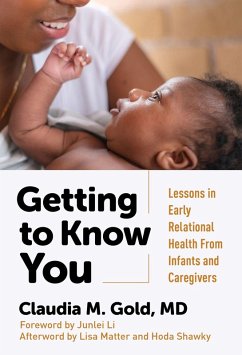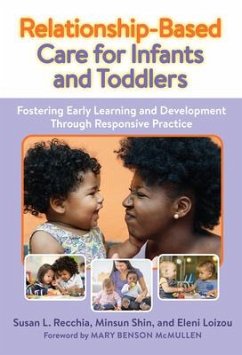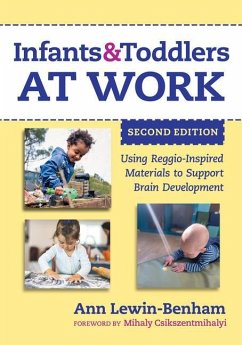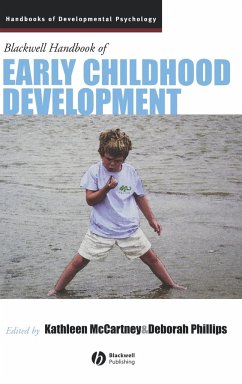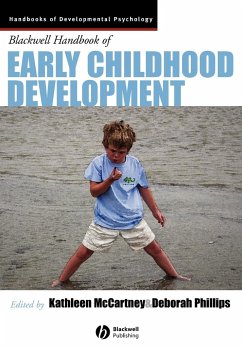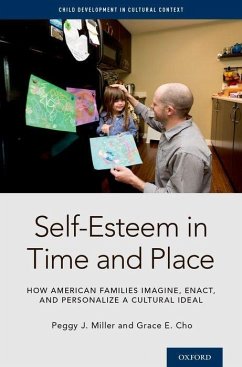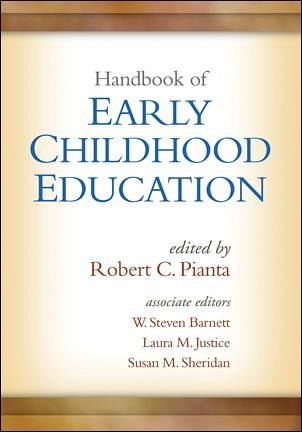
Handbook of Early Childhood Education
Versandkostenfrei!
Versandfertig in über 4 Wochen
97,99 €
inkl. MwSt.

PAYBACK Punkte
49 °P sammeln!
Early childhood education receives more attention and funding today than ever before, yet the quality of available programs varies widely. What interventions are most effective for promoting young children's school readiness? How can educators partner successfully with diverse families to help close the income- and race-based achievement gap? What are the obstacles to dissemination of evidence-based child care and preschool practices, and how can these obstacles be overcome? Bringing together foremost experts, this forward-thinking book reviews the breadth of current knowledge about early educ...
Early childhood education receives more attention and funding today than ever before, yet the quality of available programs varies widely. What interventions are most effective for promoting young children's school readiness? How can educators partner successfully with diverse families to help close the income- and race-based achievement gap? What are the obstacles to dissemination of evidence-based child care and preschool practices, and how can these obstacles be overcome? Bringing together foremost experts, this forward-thinking book reviews the breadth of current knowledge about early education and identifies important priorities for practice and policy. Part I describes the contemporary landscape of early education in the United States: what programs are in place; how they are utilized, administered, and funded; and their educational aims. Part II presents cutting-edge research on curricula and teaching methods that work. Coverage encompasses strategies for fostering specific skill areas--including language, literacy, and early mathematics and science--and for enhancing academic development overall. Next, Part III turns to the critical areas of social development and the family context of early education. Chapters describe exemplary approaches to supporting young children's executive functioning, self-regulation, social-emotional learning, and mental health. Rounding out the volume, Part IV addresses ways to better serve children with special needs, as well as how to strengthen the roles of early educators through professional development, higher education, and certification. Comprehensive and authoritative, this volume combines an impeccable research grounding with a strong applied focus. It belongs on the desks of researchers, teacher educators, and graduate students in early education, early literacy, child development, and special education; school and child care administrators; and education policymakers.





